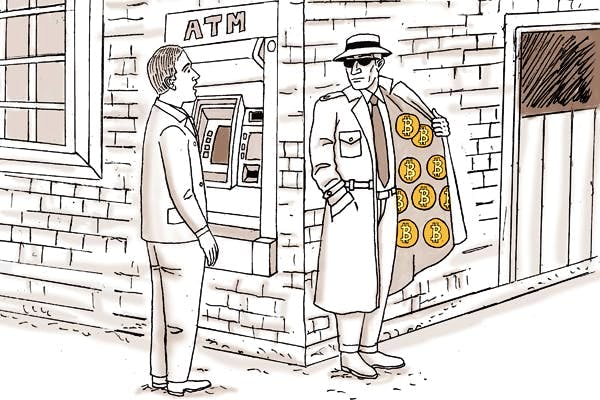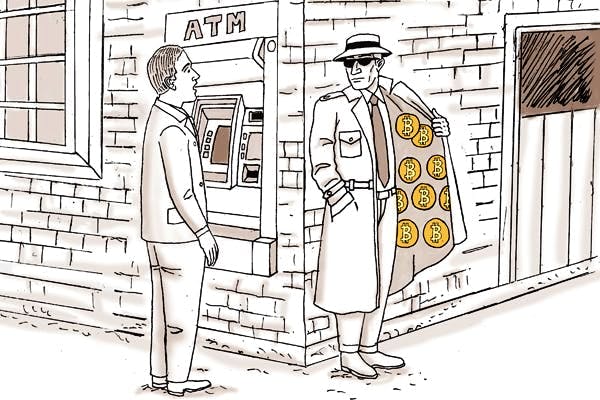The latest method of crowdfunding originating in the cryptocurrency world is exploding, with ICOs raising more than 3.5 billion this year. It is also giving a headache to regulators and a growing number of swindled investors. The latest example saw one such cryptocurrency startup, Confido, make off with $375,000 of investor money. However, the list is long and includes even some older ICOs.
Some ICO con artists are already falling into the hands of justice. In late September 2017, the SEC filed charges against New York-based businessman Maksim Zaslavskiy and two related firms, alleging that the businessman misrepresented the amount he generated from two ICOs. The SEC successfully secured a court order to freeze the assets of Zaslavskiy and the two companies. Prosecutors in the case have further claimed that the purported assets Zaslavskiy claimed to have developed that drove the token sale did not actually exist.
Unlike any technology before, blockchain has an important moral dimension that is inherent in the way it’s structured. Taking part in a decentralized and self regulated system demands great responsibility and full transparency. Unfortunately, due to poorly written crowdfunding rules and negligent investors, it has become common for ICO funds to be mismanaged.
ICOs are commonly done on the Ethereum network, the second largest blockchain after Bitcoin. So-called smart contracts contain the logic that defines the rules of the crowdfunding process. Smart contracts collect Ether (the Ethereum currency) and issue tokens that are to be used for whatever service the particular ICO is planning to offer. Despite the functionality that Ethereum smart contracts offer, almost all ICOs are structured to allow the founders total control of the funds post-ICO. As a result, there is very little financial incentive for the development team to build the actual product, and various governments, including the US and China, are taking steps to address the problem.
Source/More: How to protect ICO investors: Auto-refunds if milestones aren’t met | VentureBeat


















